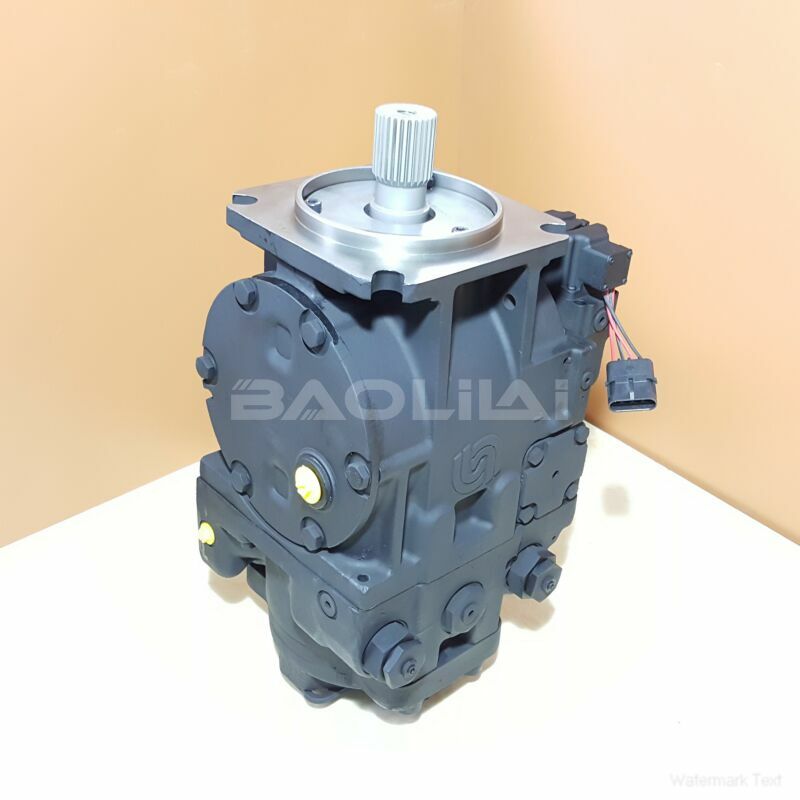90L075KP1BC80P3S1E03GBA424224 danfoss pump
90L075KP1BC80P3S1E03GBA424224 danfoss pump

- Product Details
- Applicable Scene
In recent years, precision irrigation systems have gained popularity in agriculture due to their efficiency and ability to optimize water usage. Among the critical components that make these systems effective are hydraulic oil pumps. These pumps play a vital role in the operation of irrigation systems, ensuring that water is delivered accurately and efficiently to crops. This article explores how hydraulic oil pumps are utilized in precision irrigation systems for agriculture.
90-L-075-KP-1-BC-80-P-3-S1-E-03-GBA-42-42-24
90L075KP1BC80P3S1E03GBA424224
Hydraulic oil pumps are designed to convert mechanical energy into hydraulic energy, generating a flow of pressurized fluid that can be directed through a network of pipes and hoses. In precision irrigation systems, this pressurized fluid is used to operate valves, sprinklers, and drip irrigation systems, allowing for precise control over water distribution. The benefits of using hydraulic oil pumps in irrigation systems stem from their ability to provide consistent pressure and flow, which is essential for achieving uniform watering across the entire agricultural area.

83041148
One primary advantage of hydraulic oil pumps is their ability to deliver water at different rates and pressures based on the needs of specific crops. For instance, delicate seedlings may require lighter watering compared to established crops. With hydraulic systems, farmers can adjust the flow rate via a central control unit, tailoring the irrigation to match the growth stages and water requirements of various plants. This flexibility promotes healthier crop growth and maximizes yield.
Moreover, hydraulic oil pumps contribute to water conservation, a pressing concern in agriculture today. By allowing for precision control, these pumps reduce the risk of over-irrigation, which can lead to water wastage and soil erosion. Precision irrigation systems equipped with hydraulic pumps can implement sensor-based technology that detects soil moisture levels. When the moisture content drops below a specific threshold, the pumps can automatically activate to deliver the precise amount of water needed, minimizing excess runoff and ensuring that every drop counts.





